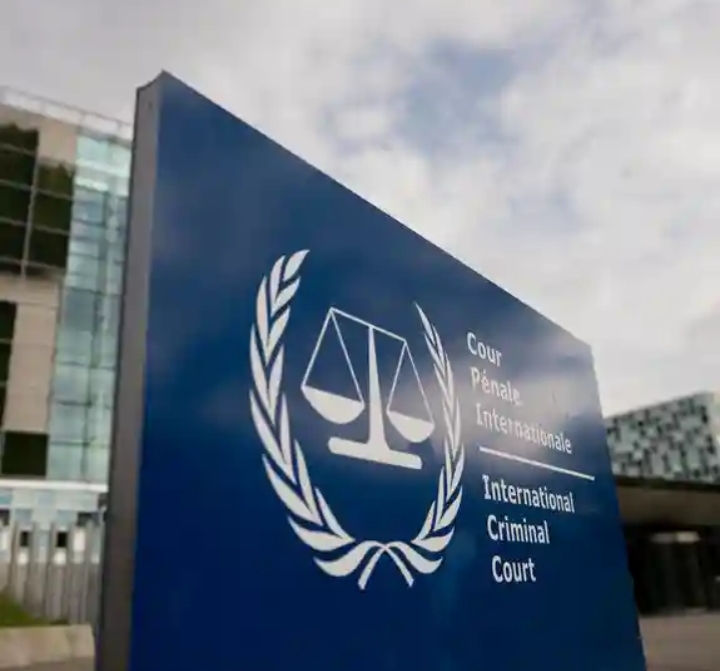ICC issues arrest warrants for Taliban leaders over systematic persecution of women, girls, and gender non-conforming individuals in Afghanistan.
ICC Issues Arrest Warrants for Taliban Leaders Over Gender-Based Crimes


The International Criminal Court (ICC) on Tuesday issued arrest warrants for the Taliban's supreme leader and chief justice, accusing them of persecuting girls and women in Afghanistan.
The ICC said there were grounds to believe that supreme spiritual leader Haibatullah Akhundzada and Abdul Hakim Haqqani, chief justice of the Taliban, had committed the crime against humanity of persecution on gender grounds against girls, women, and “other persons non-conforming” with the Taliban’s policy on gender, gender identity, or expression, according to a statement from the UN court.
“While the Taliban have imposed certain rules and prohibitions on the population as a whole, they have specifically targeted girls and women by reason of their gender, depriving them of fundamental rights and freedoms,” the statement continued.
The ICC judges stated that the Taliban had “severely deprived” girls and women of their rights to education, privacy, and family life, along with their freedoms of movement, expression, thought, conscience, and religion.
“In addition, other persons were targeted because certain expressions of sexuality and/or gender identity were regarded as inconsistent with the Taliban’s policy on gender.”
The Hague-based court alleged that the crimes were committed beginning on August 15, 2021, when the Taliban seized power, and continued until at least January 20, 2025.
In response, the Taliban dismissed the warrants as “nonsense” and claimed that the ICC’s move “won’t affect the strong commitment and dedication to sharia (Islamic law),” according to a statement by spokesman Zabihullah Mujahid.
The ICC was created to pass judgment on the world’s worst crimes, such as war crimes and crimes against humanity. However, the court does not have its own police force and depends on member states to enforce its arrest warrants.
In principle, this means that anyone subject to an ICC arrest warrant cannot travel to a member state without risking arrest. In practice, however, this has not always been enforced.
Since returning to power four years ago, the Taliban have implemented harsh measures, including banning women from public spaces and prohibiting girls from attending school beyond the sixth grade.
Last week, Russia became the first country to formally recognize the Taliban regime.

 বাংলা
বাংলা  Spanish
Spanish  Arabic
Arabic  French
French  Chinese
Chinese 
